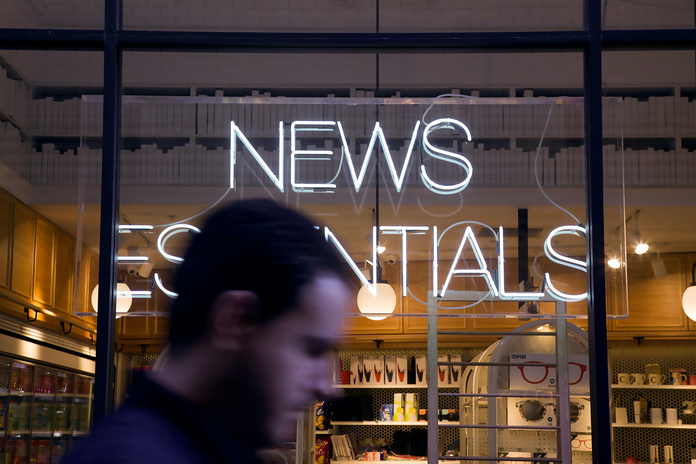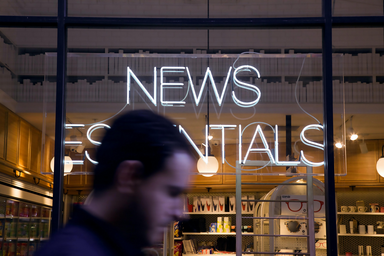Two former Australian prime ministers, Kevin Rudd and Malcom Turnbull, have teamed up in an attempt against the Murdoch media monopoly that dominates the media landscape of the UK and Australia. A parliamentary inquiry has been launched, following the former PMs campaign to investigate the outsized influence of Murdoch’s organisations on Australian politics. This public reckoning is well overdue. Australia ranks third highest in the world, behind China and Egypt, in media company ownership concentration[1]. For context, China and Egypt’s media is state owned and run. Rupert Murdoch, an American (he is from Australia but gave up his citizenship for tax reasons), owns the major newspaper in every state (except Western Australia) and the single most widely read national paper. His dominance extends far beyond Australia’s national borders. For instance, Murdoch owns The Sun, The Times and The Sunday Times in the UK and Fox News in the US. He has also been associated with helping the Vote Leave campaign win by a slim majority[2].
Murdoch’s power is a serious problem that has real and tangible consequences. During the devastating black summer of bushfires in Australia, Murdoch owned papers relegated the biggest natural disaster deep within the paper, even though Sydney was covered in red smoke that made it difficult to breathe[3]. Murdoch’s own son criticised his father’s company for its blatant denial of the climate crisis. The papers, whose sales constitute 59% of all daily sales[4] in Australia, have called climate change activists members of a ‘socialist plot’ and ‘global catastrophists’[3]. This is a devastating narrative in a country which is not on track to meet its Paris Accord targets[5]. With the media in the pocket of a right-wing climate denier, is it any wonder that Scott Morrison has failed to take any meaningful climate action? Australia is one of the biggest global exporters of coal, therefore it has a responsibility to take substantial action[5].
The UK campaign group ‘Hacked Off’ reported that Rupert Murdoch personally, has outsized access to Government officials. Between 2018-19, he met Boris Johnson five times, including the 72 hours after the announcement of the 2019 general election results[6]. Unelected billionaires should not have such a direct line of communication with the most senior figures in Government. The effects of this are especially egregious at a time when public trust is vital for compliance with regulations designed to combat the pandemic.
Therefore, we return to the parliamentary inquiry in Australia, where this nation is perhaps the biggest victim of the Murdoch monopoly. It is too early to determine whether the inquiry will be anything more but a nod to the half a million Australians who signed an anti-Murdoch petition. However, it is a step in the right direction. At the very least it will bring this topic, which has been kept under the radar for so long to light. In the UK, the public must confront the influence of one 89-year-old American billionaire on the actions of our Government. This inquiry will force the public to confront difficult questions of how free our media truly is and it also reminds us that our politicians are often beholden to a far more sinister entity than its citizens.
Sources:



